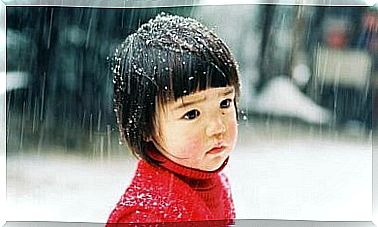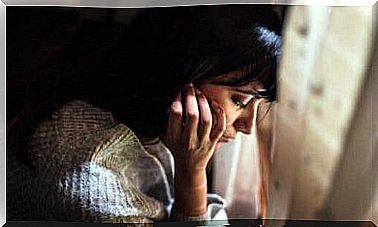Mercedes Rodrigo: The First Great Spanish Psychologist
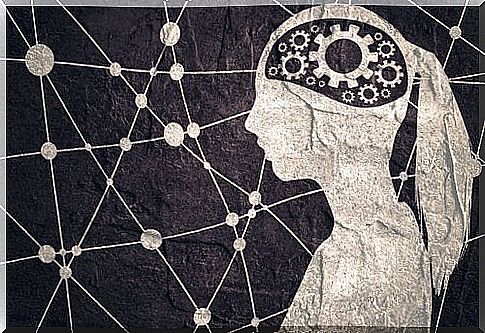
Mercedes Rodrigo Bellido was one of the first great Spanish psychologists. After decades in oblivion, his work has recently started to be valued. She has devoted a large part of her life to the study of personnel selection and career guidance processes. His greatest contribution was founding the first study program in psychology in South America.
Mercedes Rodrigo was born in Madrid in 1891, where she lived part of her childhood and youth. She finished her teaching studies in 1911, specializing in the education of deaf and blind children. Her interest in expanding her education led her to obtain a scholarship to pursue her psychology studies in Switzerland at the University of Geneva.
At that university, she was a student of Édouard Claparède, with whom she worked for years in his experimental laboratory. Dr Claparède has contributed greatly to transforming Geneva into the center of modern European pedagogy. Its main contribution was a new educational model, far from traditional standards.
His proposal was to create an active school in which the student’s interest was valued, and an education focused on the student’s priority. This was an idea that greatly interested the elite of pedagogues at the time. To create it, she used some ideas and concepts from psychology to apply them to pedagogy. Thus, it proposed that teachers learn to observe their students through pre-established questionnaires and work and investigate from the notes.
Mercedes Rodrigo received her degree in psychology from the University of Geneva in 1923. Together with Dr Claparède, she revolutionized the foundations of modern pedagogy. Both were precursors of teaching based on student observation to apply the most appropriate instruction on an individual basis.
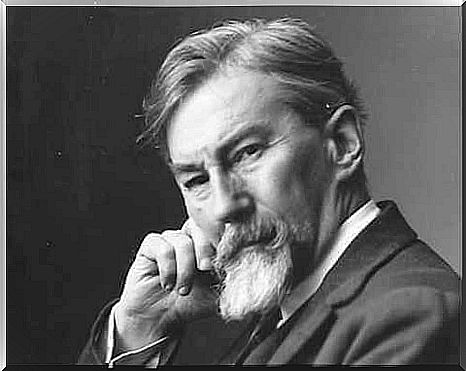
Mercedes Rodrigo and her contribution to psychology in Spain
In 1923, this psychologist returned to Spain and launched a didactic project to train teachers in advanced pedagogical techniques. In his native country, he applied an educational manual developed in Geneva, together with Piaget. With him, he instructed educators in observation techniques and the application of learning in the classroom. For Spain at the time, this was a great challenge in basic education.
In 1929, he began working at the Instituto Nacional de Psicologia in Madrid. There, he specialized in psychometric studies. Its objective was to put into practice the results obtained in the process of personnel selection and professional guidance. In 1939, just before the end of the civil war, he left Spain.
Internship in Colombia
Mercedes Rodrigo arrived in Colombia with the objective of setting up a department of psychotechnics in universities. For this purpose, he planned some admission tests for a medical career. This was fundamental for the faculty, since the number of demands was much higher than the total number of places offered by the university.
The result of the student selection process was very well received by all public institutions. Soon, his work spread to other educational and work environments.
In 1948, with the “bogotazo”, life in the Colombian capital became very difficult. The prologue to a war and tensions in the streets became unsustainable. In this context, a Jesuit newspaper accused Mercedes of being a communist for having visited the USSR. To this was also added her status as a Spanish refugee.
From these accusations, a malicious interpretation was made of the selection tests that were applied to the candidates to enter the university. Faced with this loss of prestige, Mercedes and her team had to leave the country.
Internship in Puerto Rico
After her time in Colombia, Dr. Rodrigo worked at the University of Puerto Rico as a professor of education and as a consultant psychologist for a time.
She later decided to continue her experimental work in clinical psychology, performing group therapies and individual therapies. However, he never abandoned psychometry.
In Puerto Rico, she became famous for having dedicated her life to teaching research and training educators. Thanks to Dr. Rodrigo’s prestige at the Puerto Rican university, many postwar Spanish students were able to improve their curricula and complete their studies in this host country.
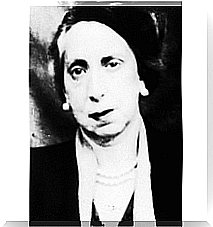
Recognition deserved
Lastly, Mercedes Rodrigo lived in Colombia for a decade. His prolific scientific work and his great dedication to the psychological training program throughout South America were important contributions to the development of further studies and training of Latin professionals in all fields of current psychology.
On November 20, Colombia celebrates Psychologist’s Day. On this day, the creation of the first independent Psychology Faculty in the country is celebrated. The work of Dr. Rodrigo had a great importance in this fact. Therefore, she is considered an important person in this country.
Mercedes Rodrigo’s work was forgotten for decades. Fortunately, today, women’s studies are beginning to rescue many pioneers who, like her, have contributed to laying the foundations of our current scientific knowledge.



